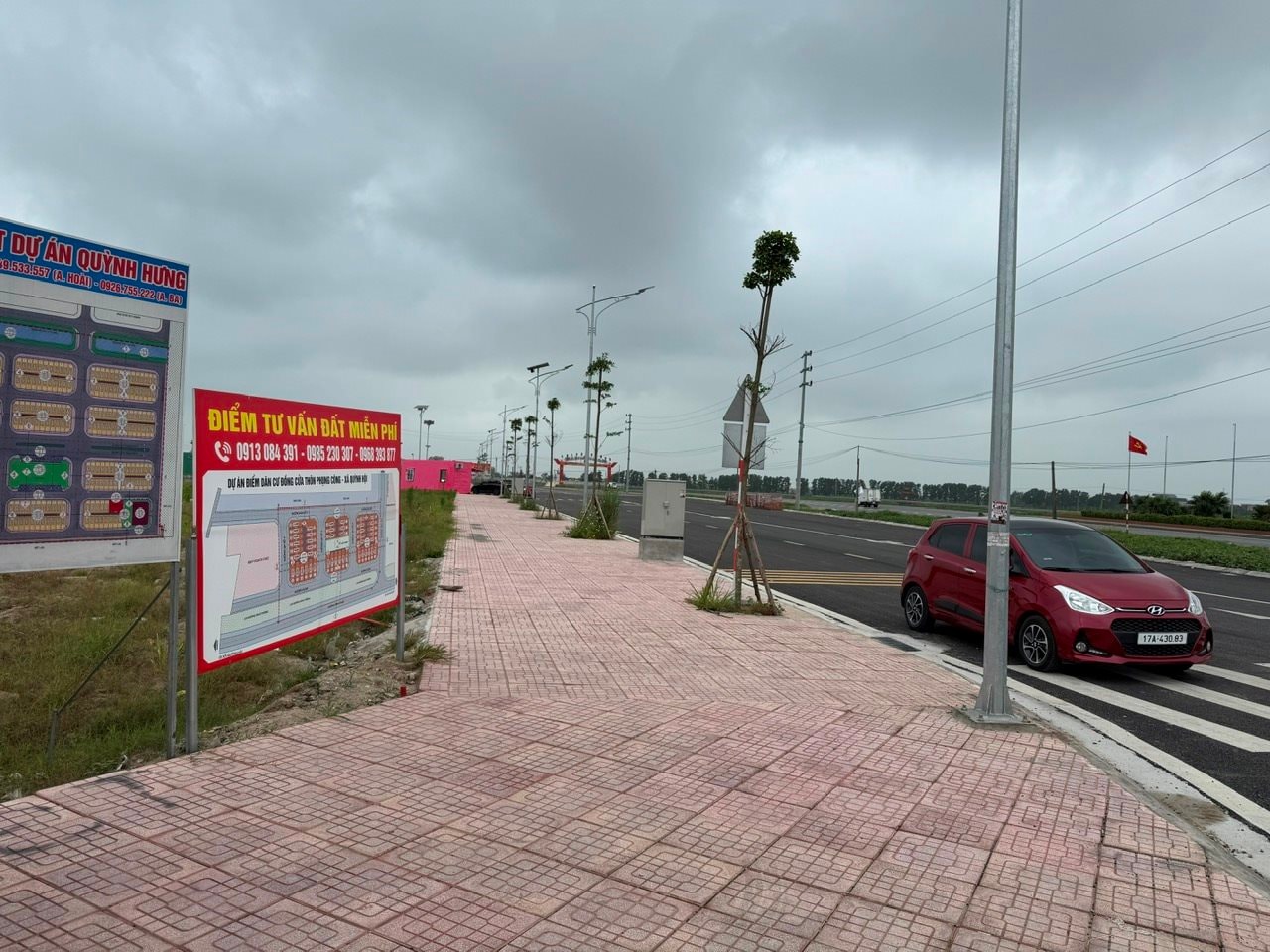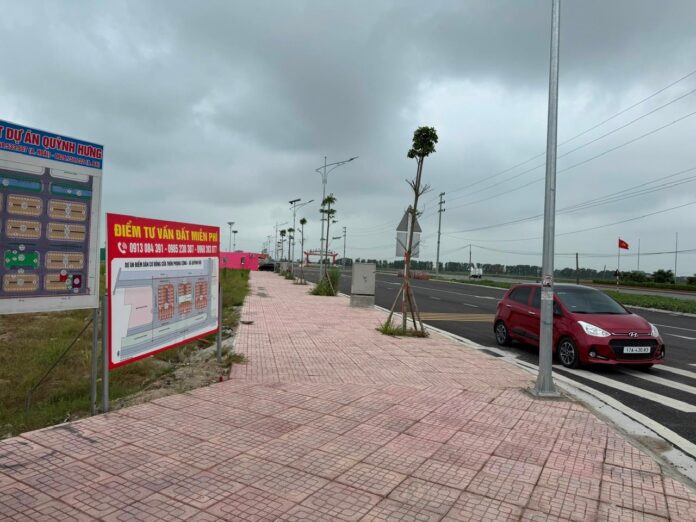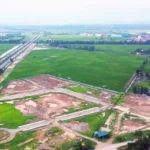
Illustration: MarketTimes
The Ministry of Finance is seeking feedback on a draft decree amending and supplementing several articles of Decree No. 103/2024/ND-CP, dated July 30, 2024. The decree stipulates land use fees and land rental rates. According to the draft, individuals and enterprises will have to pay additional land use and rental fees for the period awaiting land price determination, despite this delay being caused by state agencies.
Specifically, Articles 50 and 51 (guiding Point d, Clause 2, Article 257 of the 2024 Land Law) stipulate that land users must pay a supplementary land use or rental fee for the period from the time of the decision on land allocation, land lease, land-use purpose conversion, or conversion from the form of annual land rent payment to one-time payment to the time of the land price decision.
These regulations apply to cases where land was allocated, leased, or had its purpose converted before the effective date of the 2024 Land Law (August 1, 2024). Mr. Vu Cuong Quyet, CEO of Dat Xanh Northern Region, argued that this proposal would burden enterprises with additional unreasonable expenses. When a project is allocated land, the investor has to spend capital on compensation for site clearance and infrastructure development. However, until the land use fee is paid (as the land price has not been determined yet), the project is still not eligible to sell products on the market.
Thus, even without generating any revenue from sales, the investor has already incurred significant expenses such as site clearance costs and loan interests. Many projects take three to five years to complete land-use fee procedures, causing enterprises to bear a substantial financial burden. Meanwhile, according to the draft decree, enterprises will be subject to an additional charge of 5.4% per year, even if the state has not decided on the land price, resulting in a clear double loss for enterprises.
A representative of a real estate enterprise in Ho Chi Minh City shared that their company’s project was allocated land in November 2023, but due to prolonged approval processes, the land price for fulfilling financial obligations has not been determined yet. The enterprise has had to accept project delays, paying interest on loans without being able to launch products on the market, and now faces the burden of paying additional billions of VND in fees.
Some lawyers argued that the draft proposes to retroactively collect land use fees for projects that occurred before August 1, 2024 (the effective date of the 2024 Land Law). In reality, the Land Law before August 1, 2024, did not specify the time limit for state agencies to determine land use fees and rentals or the responsibility of land users to pay supplementary fees for the period before land price determination. Therefore, applying heavier penalties to events that occurred before the law took effect could lead to serious legal consequences.
According to Ms. Pham Thi Mien, Vice Director of the Vietnam Real Estate Market Assessment Institute (VARs IRE), paying supplementary land use and rental fees will indirectly increase the financial burden on enterprises. As a result, housing prices will rise, reducing people’s access to housing and directly affecting social welfare goals.
This goes against the government’s efforts to expand opportunities for people to “settle down.” Moreover, many enterprises may face resource shortages and be unable to implement projects, further exacerbating the already scarce supply. “If Decree 103 continues to be applied as it is, the risk of disputes, complaints, and social unrest is inevitable,” said Ms. Mien.
Mr. Le Hoang Chau, Chairman of the Ho Chi Minh City Real Estate Association, suggested that Decree 103 should be amended immediately to remove clauses that cause difficulties for enterprises, in line with the government’s commitment to resolve obstacles for real estate businesses. “At this moment, state agencies need to recalculate the period for supplementary land fee payment, starting from August 1, 2024 (the effective date of the 2024 Land Law) until the date of the land price approval decision, minus 180 days, which is the time limit for land price determination according to Clause 4, Article 155 of the 2024 Land Law. For cases before this period, the regulation should be amended not to charge supplementary fees for the period before land price determination,” Mr. Chau proposed.
Supplementary Land Costs: Business Takes the Brunt for No Fault of Their Own?
“It is unreasonable for the business to be charged an additional land use fee of 5.4% when the project’s land valuation has not yet been conducted.”
Crafting Compelling Copy: “Businesses Fear Tax Stacking Upon Retroactive Land Use Fee Adjustments”
“The proposal for an additional land use fee of 5.4% annually is utterly unreasonable and poses a significant challenge for businesses. This additional fee could potentially result in a double loss for companies, leaving them vulnerable to the burden of compounded taxes.”














































